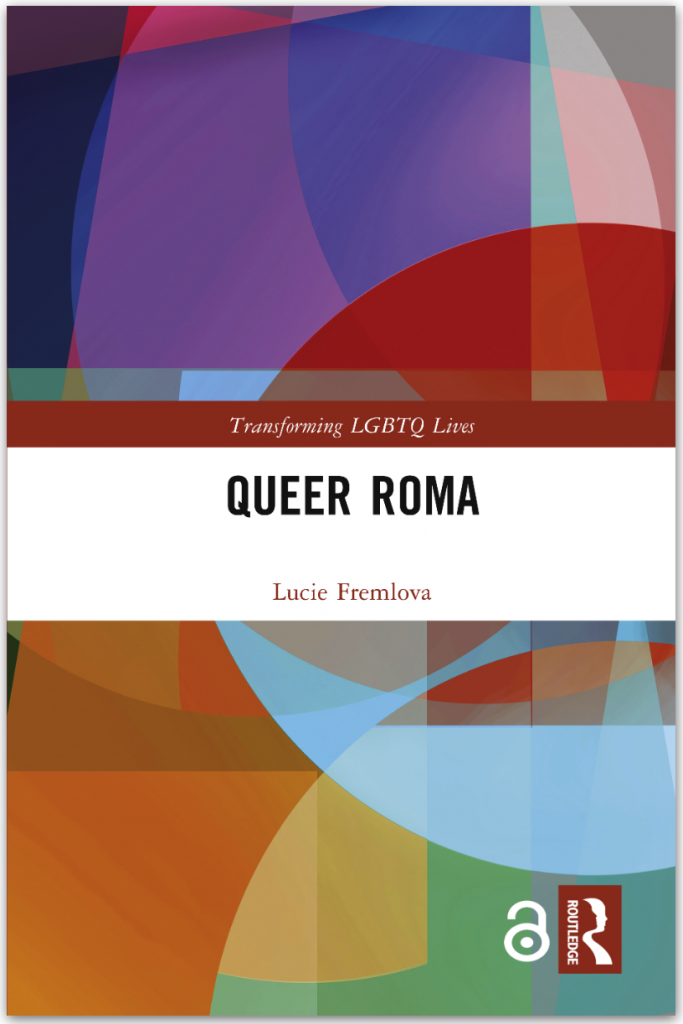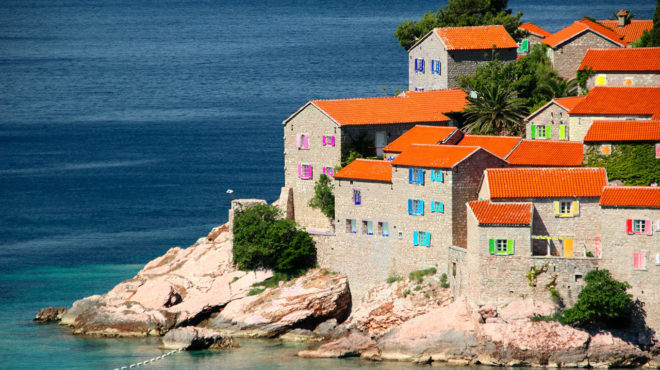Two years have passed quite quick and here we are, after the first European Geographies of Sexualities Conference (EGSC) in Brussels, 2011, the second in Lisbon, 2013, and the third in Rome, 2015, the date of the fourth conference in Barcelona is closing fast.
Aside from many fantastic sessions and papers (here is a link to the program), that will be presented there. I would like to point out your attention to the session which I always wanted to organize, and finally, this year it is part of the program. The session is called „Central and East European, Baltic and Balkan Geographies of Sexualities: it’s time to speak up!“ and it aims to finally provide more attention to this somewhat always overshadowed collection of European regions that contain a lot of knowledge that needs to be discovered, opened, discussed, etc.
For all related information see the conference official website.
Session abstract: “Central and East European, Baltic and Balkan Geographies of Sexualities: it’s time to speak up!”
ORGANIZER/S: Michal Pitoňák, Charles University in Prague; National Institute of Mental Health, michal.pitonak@nudz.cz
Geographies of sexualities have become established fields of enquiry over the past three decades within especially British and American scholarly traditions (Bell and Valentine 1995; Browne, Lim, and Brown 2007). Researchers from other Anglo-Saxon, Mediterranean and Ibero-American regions have also, at least partially, succeeded in establishing local fields of enquiry (Sibalis 2004; Johnston and Longhurst 2008; Johnston and Longhurst 2009; Ferreira and Salvador 2014; Silva and Vieira 2014), however, it is safe to say that sexuality research has remained, largely “Western-oriented”, both methodologically and discursively. Up to date, only scant attention has focused on Central and Eastern European geographies of sexualities, whereas authors have repeatedly warned us about potential risks connected with uncritical repro- or introduction of foreign discourses (D. R. Kulpa and Mizielinska 2011; Stella 2013; R. Kulpa 2014; Navickaitė 2014). However, these and several other authors from outside of the ‘West’ have already begun uncovering various geographies of sexualities within this particularly diverse region. This session is intended to facilitate and empower knowledge exchange between the ‘rest’ and the ‘West’, and perhaps more importantly among the ‘rest’. Existing language diversity within the region should fuel curiosity and not function as a barrier. Various knowledges contained ‘beyond translation’, need to be explored, whereas various ‘methodological nationalisms’, that permeate the process of knowledge production, here and there, need to be ‘queered’. There is no one ‘Central’, ‘East’ or ‘Eastern Europe’, but a diverse and rich region containing much unexplored knowledge which lacks appreciation. In reaction to this situation, the proposed session invites scholars to participate from Central Europe, various parts of Balkans, from Baltic region, as well those coming from Eastern and other regions that are so far being excluded, disempowered, evened-out or simply ignored within the loosely defined field of geographies of sexualities. Abstracts of papers in, but not restricted to, the following topics are invited for consideration:
- Destabilizing ‘the West’ and ‘the Rest’ binaries; Critique of “Western developmental” discourses, non-linear developments
- Non-commercial and non-capitalist histories and spatialities of sexualities, non-capitalist emancipatory pathways
- Public displays of sexualities in post-socialist and post-soviet contexts
- Queer beyond the ‘Western’ contexts
- Transnational activism, social networks and EU
- Globalization, Westernization, Europeanization of sexualities
- Central and Eastern European geographies of sexualities and their historical contexts
- Effects of English dominance within the field of sexuality studies
- Porn-industry, othering, exoticization of Slavs or other ethnic groups
- Sexual tourism and sex-work
- Regional traditions of naturism, nudism
- Non-heterosexual stigma and health related issues, queering HIV
Session program:
Wednesday, 13 September 2017
16:30 – 18:10 Parallel Sessions 3
Central and East European, Baltic and Balkan Geographies of Sexualities: It’s time to speak up! (1)
Location: Room 305
Chairs: Michal Pitonak & Lukasz Szulc
- Globalization of Homosexuality in Central and Eastern Europe under Communism – Lukasz Szulc
- 2016, The year of visibility! A Critical Investigation of the Discursive Uses of Visibility Among LGBT Activists
in Bucharest, Romania – Alice Venir - Setting the mood for gender identity recognition: The Greek Orthodox Church talks gendered identities and
other “lethal situations” – Roussa Kasapidou - ’We don’t belong in the EU’: constructions of Hungary and ’the West’ in the Hungarian LGBTQ community –
Rita Béres-Deák - Spatiotemporal persistences: the case of European (de)criminalization(s) of homosexuality – Michal
Pitoňák - Female sexuality in popular Russian media: from commodification to slut-shaming – Aleksandra
Lipasova
Thursday, 14 September 2017
11:30 – 13:10 Parallel Sessions 4
Central and East European, Baltic and Balkan Geographies of Sexualities: It’s time to speak up! (2)
Location: Room 305
Chairs: Justyna Szachowicz-Sempruch & Dafna Rachok
- Shame, Agency, (National) Identity: Sex Work in Ukraine – Dafna Rachok
- Queer mothering rhizome in Poland – Malgorzata Kot
- Emotional Sustainability and the SocioPolitical Meanings of Non-monogamous Love
– Justyna Szachowicz-Sempruch - Estonia’s geo-temporal yearnings through politicisation around queer family – Raili Uibo
- Can Polish Female Tourists in Egypt Be Sex Tourists? On Conceptualizing Ethnosexual Encounters of Polish Women and Its Ideological and Affective Background – Joanna Sieracka
14:30 – 16:10 Parallel Sessions 5
Central and East European, Baltic and Balkan Geographies of Sexualities: It’s time to speak up! (3)
Location: Room 305
Chairs: Lukas Szulc and Rita Béres-Deák
- “Dear queens, start to behave in a more European way!” Gender Variance and Westernization of Polish Homosexual Culture in the 1990s – Ludmila Janion
- Local histories, European LGBTIQ designs: Sexual citizenship, nationalism, and “Europeanisation” in post-Yugoslav Croatia and Serbia – Katja Kahlina
- Geotemporality and sexual utopias: Sex and pleasure in Russian politics – Daria Davydova
- Conversion therapies in Poland – Katarzyna Grunt-Mejer and Weronika Chańska
- LGBT rights protests, activism, and authoritarian regime: the case of Russia –
Radzhana Buyantueva






